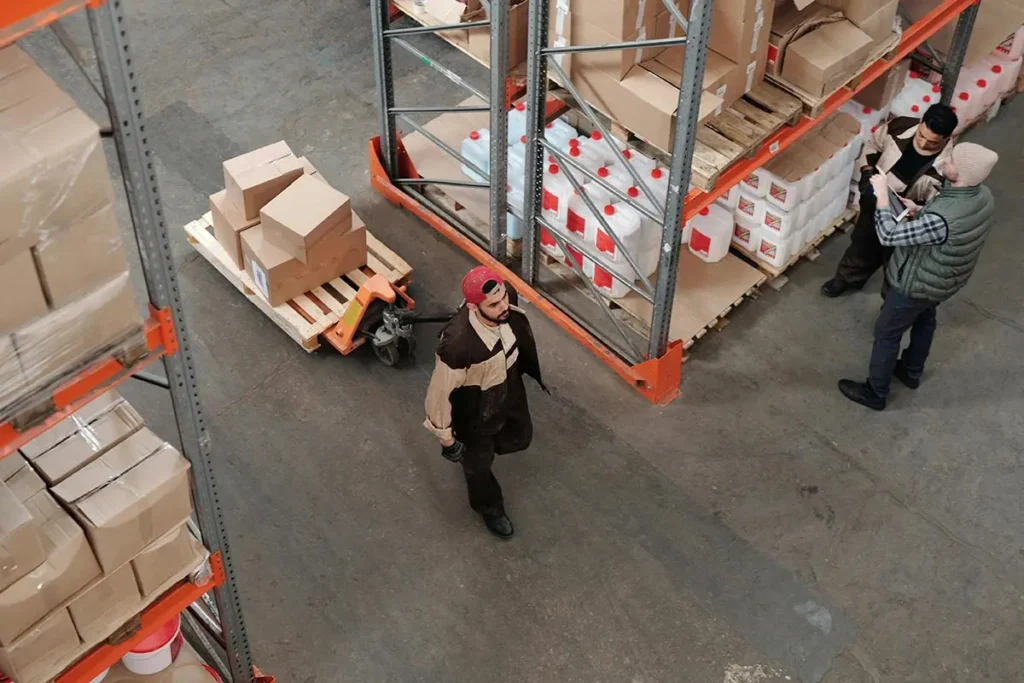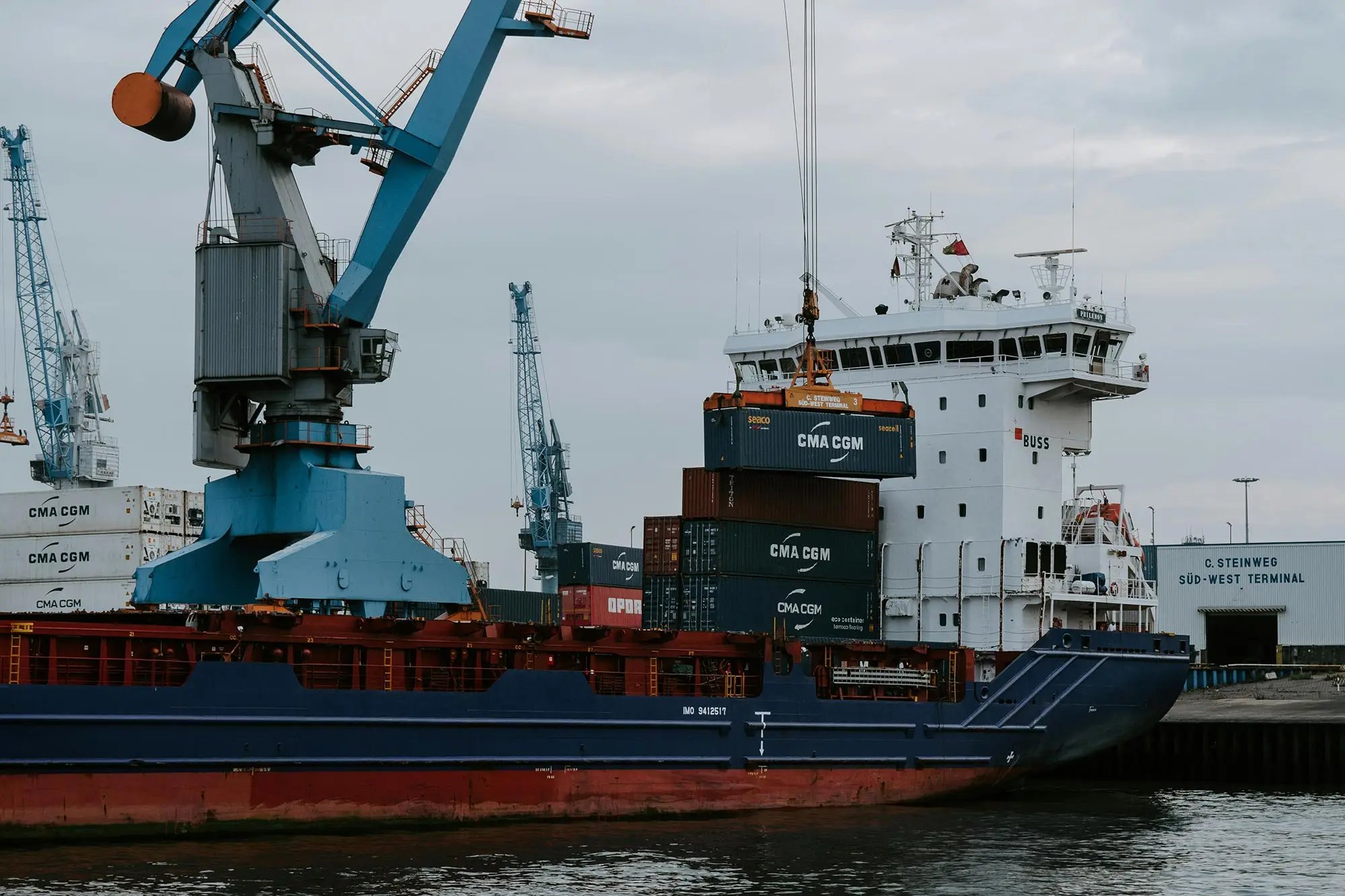The logistics industry is undergoing rapid transformation, driven by technological advancements, changing customer expectations, and global economic shifts. As businesses face new challenges in managing supply chains and delivering goods efficiently, staying ahead of emerging trends is crucial for success. Here, we explore the top 5 trends shaping the logistics industry today and how they are driving innovation.
Automation and Robotics
Automation is revolutionizing logistics operations, from warehouse management to last-mile delivery. Technologies like robotics, automated guided vehicles (AGVs), and autonomous delivery drones are streamlining processes, reducing human error, and increasing operational efficiency.
E-Commerce and the Rise of Direct-to-Consumer Models
The rapid growth of e-commerce has fundamentally changed how goods are delivered, leading to increased demand for fast, reliable, and flexible logistics solutions. Consumers now expect faster delivery times, with many opting for same-day or next-day delivery options. As a result, logistics companies are adapting by investing in faster shipping methods, smart inventory management systems, and improved last-mile delivery strategies.
Sustainability and Green Logistics

As concerns about climate change grow, the logistics industry is under increasing pressure to reduce its carbon footprint and adopt more sustainable practices. Green logistics involves reducing energy consumption, optimizing delivery routes to lower emissions, and investing in electric vehicles (EVs) for transportation.
Blockchain Technology
Blockchain technology is gaining traction in the logistics industry for its ability to provide transparency, security, and efficiency in supply chain management. By offering a decentralized, tamper-proof ledger, blockchain ensures that all parties involved in the supply chain have access to the same data in real-time, reducing the risk of fraud and errors.
Artificial Intelligence (AI) and Machine Learning
AI and machine learning are transforming logistics by enhancing decision-making and optimizing supply chain operations. With AI-driven predictive analytics, companies can forecast demand, optimize routes, and minimize disruptions in the supply chain.
Conclusion
The logistics industry is rapidly evolving, with technological advancements and changing market demands driving significant transformation. Automation, AI, e-commerce growth, sustainability, and blockchain technology are all reshaping how goods are moved, tracked, and delivered. Companies that stay ahead of these trends will not only improve operational efficiency but also enhance customer satisfaction and maintain a competitive edge in an increasingly dynamic market.

Leave a Reply